Description
“Gopal Krishna Gokhale: Political Thinkers of Modern India” by Verinder Grover is a compelling biography that delves into the life and legacy of one of India’s most prominent political leaders and social reformers of the early 20th century. Gokhale’s contributions to the Indian independence movement and his advocacy for social and political reforms have often been overshadowed by the more prominent figures of the time. However, Verinder Grover’s meticulous research and insightful analysis bring Gokhale’s life and work to the forefront, shedding light on his invaluable contributions to the nation.
In this biography, Grover presents a comprehensive account of Gokhale’s life, from his humble beginnings in Ratnagiri to his rise as a prominent political leader and reformer in the Indian National Congress. The book traces Gokhale’s journey as he navigates the complexities of British colonial rule and actively works towards promoting education, civil liberties, and socio-political reforms for the betterment of Indian society. Grover’s narrative is both informative and engaging, providing readers with a deep understanding of the historical context in which Gokhale operated.
Grover’s biography of Gopal Krishna Gokhale offers a rich and detailed account of the life of this exceptional leader. The book begins by exploring Gokhale’s early years, his education, and his formative experiences that shaped his worldview. It then takes readers through his political career, highlighting key moments such as his presidency of the Indian National Congress and his role in negotiating the Morley-Minto Reforms.
The biography also delves into Gokhale’s profound influence on the next generation of leaders, including Mahatma Gandhi, who considered Gokhale his political mentor. Grover captures the essence of their relationship, emphasizing Gokhale’s influence on Gandhi’s philosophy of non-violent resistance and his role in shaping the early strategies of the Indian independence movement.
Furthermore, the book explores Gokhale’s efforts to address critical socio-economic issues in India, such as poverty, untouchability, and education. Grover provides a nuanced understanding of Gokhale’s belief in the importance of education as a means of social empowerment and his tireless efforts to improve educational opportunities for all sections of society.
Grover’s biography of Gopal Krishna Gokhale is a well-researched and comprehensive account that offers valuable insights into the life and contributions of this remarkable leader. The author’s meticulous research is evident throughout the book, with extensive use of primary sources, including Gokhale’s speeches, letters, and writings, as well as contemporary accounts and historical records.
The author’s analysis of Gokhale’s political strategies and his nuanced understanding of the challenges faced by Indian society under colonial rule add depth to the narrative. Grover effectively highlights Gokhale’s pragmatism and his ability to navigate the political landscape while maintaining his principles and advocating for meaningful reforms.
One of the book’s strengths is its exploration of Gokhale’s influence on subsequent leaders, particularly Mahatma Gandhi. Grover successfully conveys the profound impact Gokhale had on shaping Gandhi’s political philosophy and strategies, underscoring the significance of Gokhale’s teachings and mentorship in the Indian independence movement.
When comparing “Gopal Krishna Gokhale” to other biographies on Indian leaders of the time, such as Jawaharlal Nehru or Bal Gangadhar Tilak, Grover’s work stands out for its comprehensive coverage of Gokhale’s life and his lesser-known contributions. While Nehru and Tilak have received more attention in historical narratives, Grover’s biography provides a well-deserved spotlight on Gokhale, bringing his achievements and ideals to the forefront.
Grover expertly highlights several central themes in Gokhale’s life and work, including his unwavering commitment to democratic ideals, social justice, and the power of education. Through his interpretation of Gokhale’s actions and writings, the author demonstrates Gokhale’s belief in peaceful and gradual reform, as well as his commitment to inclusivity and the upliftment of marginalized communities.
Furthermore, the biography explores the theme of leadership and the responsibilities that come with it. Gokhale’s principled leadership, ability to unite diverse factions, and dedication to the nation’s welfare serve as inspiring examples for future generations of leaders.
Grover skillfully portrays Gokhale as a multifaceted individual, capturing his charisma, intellect, and unwavering dedication to the cause of Indian independence. The author delves into Gokhale’s personal life, providing insights into his relationships, motivations, and struggles. Through his nuanced characterization, Grover successfully humanizes Gokhale, making him relatable to readers and allowing them to connect with his ideals and aspirations.
About the Author:
Verinder Grover, a renowned historian and biographer, has made significant contributions to Indian historiography. With a vast body of work that explores various aspects of Indian history and prominent figures, Grover is well-regarded for his meticulous research and insightful analysis. His expertise in the subject matter is evident in “Gopal Krishna Gokhale,” where he brings Gokhale’s story to life with depth and clarity.
Grover’s writing style is engaging and accessible, making the biography accessible to both scholars and general readers. His prose flows smoothly, and he strikes a balance between historical detail and narrative pace, ensuring that readers remain captivated throughout the book. The author’s ability to condense complex historical events into easily digestible narratives is commendable, allowing readers to grasp the nuances of the period and Gokhale’s role within it.
What People Say About This Book:
“Gopal Krishna Gokhale” by Verinder Grover has received widespread acclaim from readers and critics alike. Scholars and historians appreciate the depth of research and analysis presented in the biography, acknowledging Grover’s contribution to filling the gaps in understanding Gokhale’s life and legacy. General readers commend the author’s ability to make history accessible and engaging, praising the book for shedding light on a lesser-known but highly influential figure in Indian history.
One of the book’s major strengths is its meticulous research, which provides readers with a comprehensive understanding of Gokhale’s life and work. Grover’s analysis is insightful and adds depth to the narrative, enabling readers to appreciate Gokhale’s contributions in a nuanced manner.


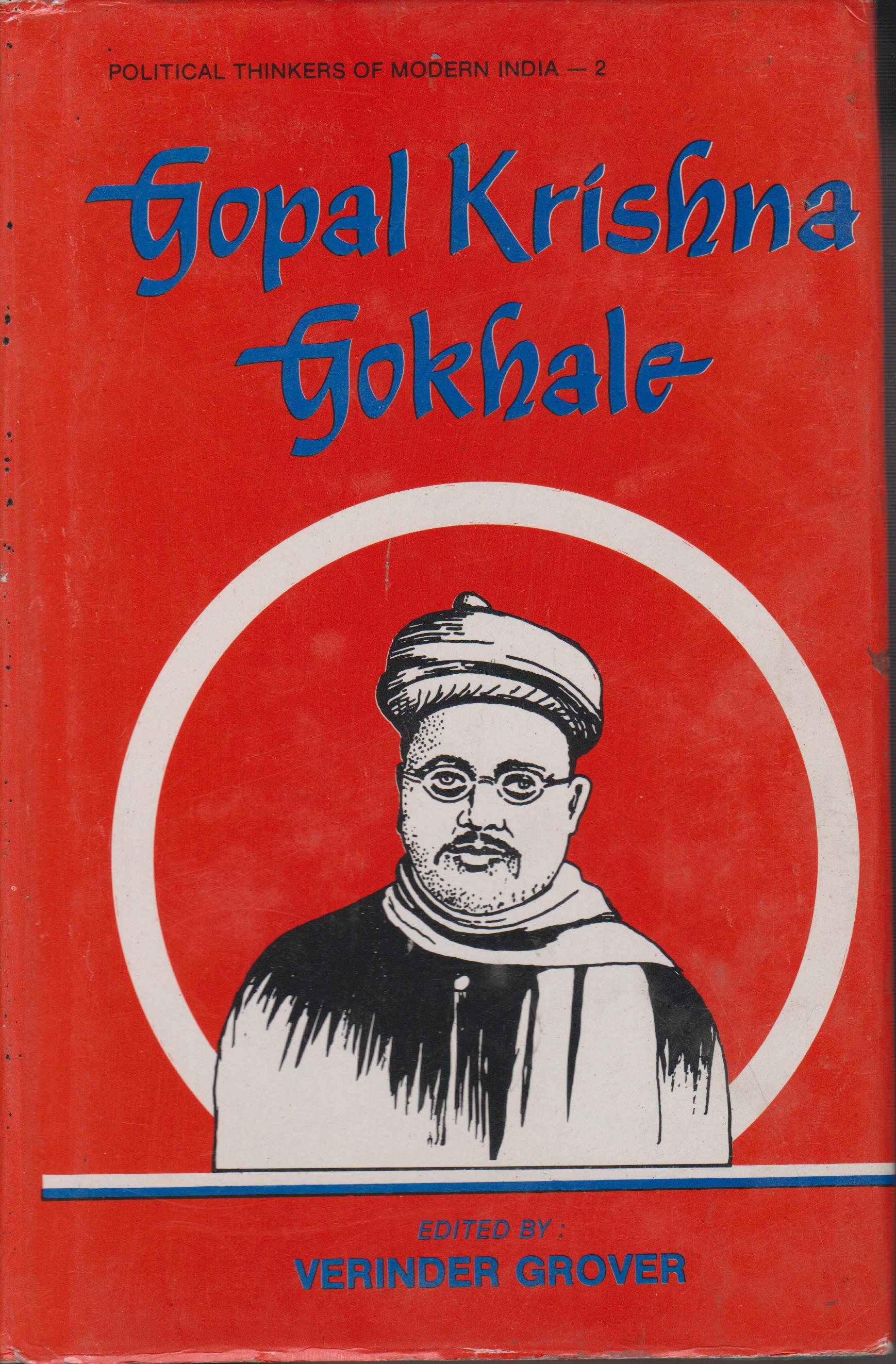
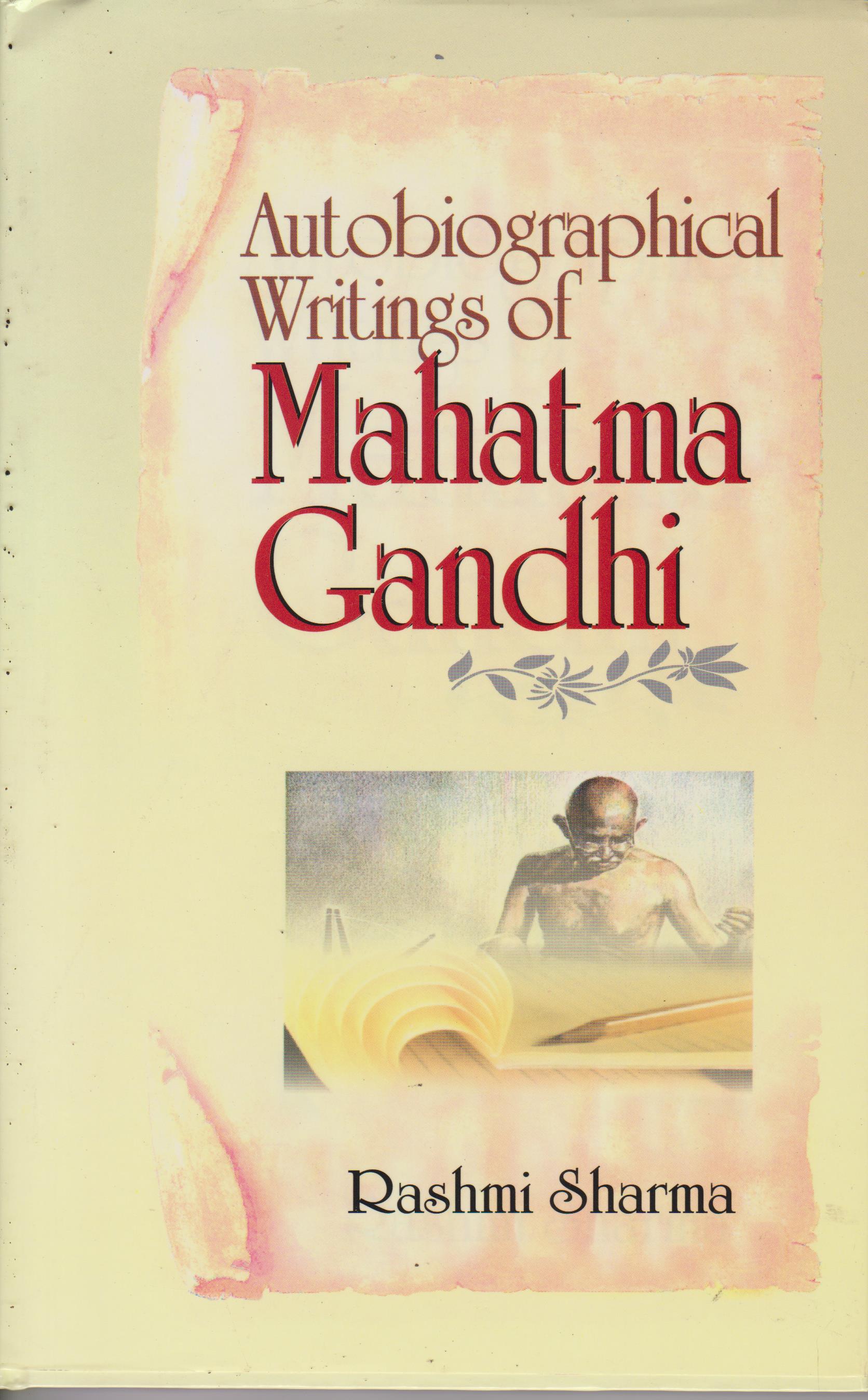
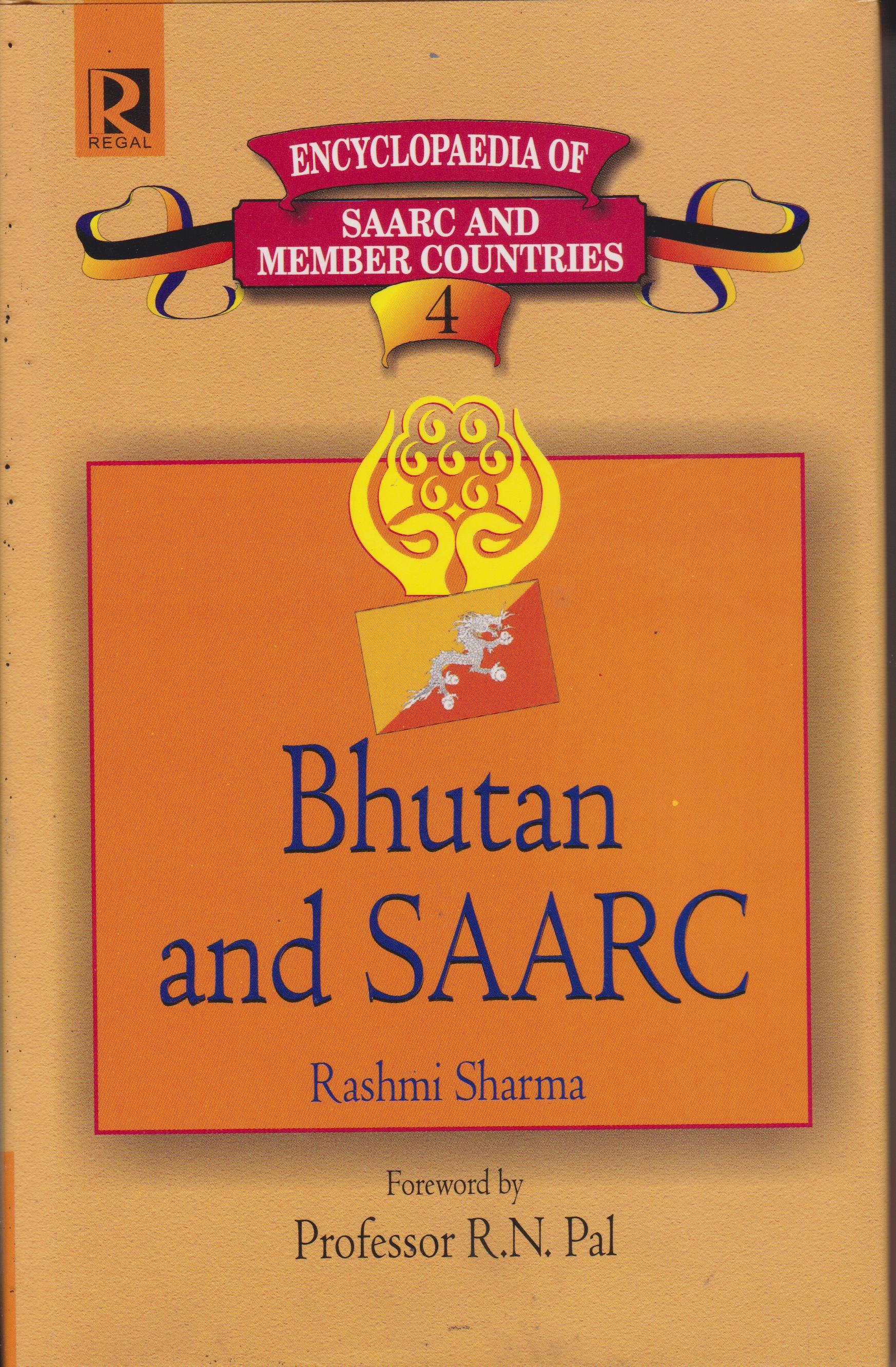
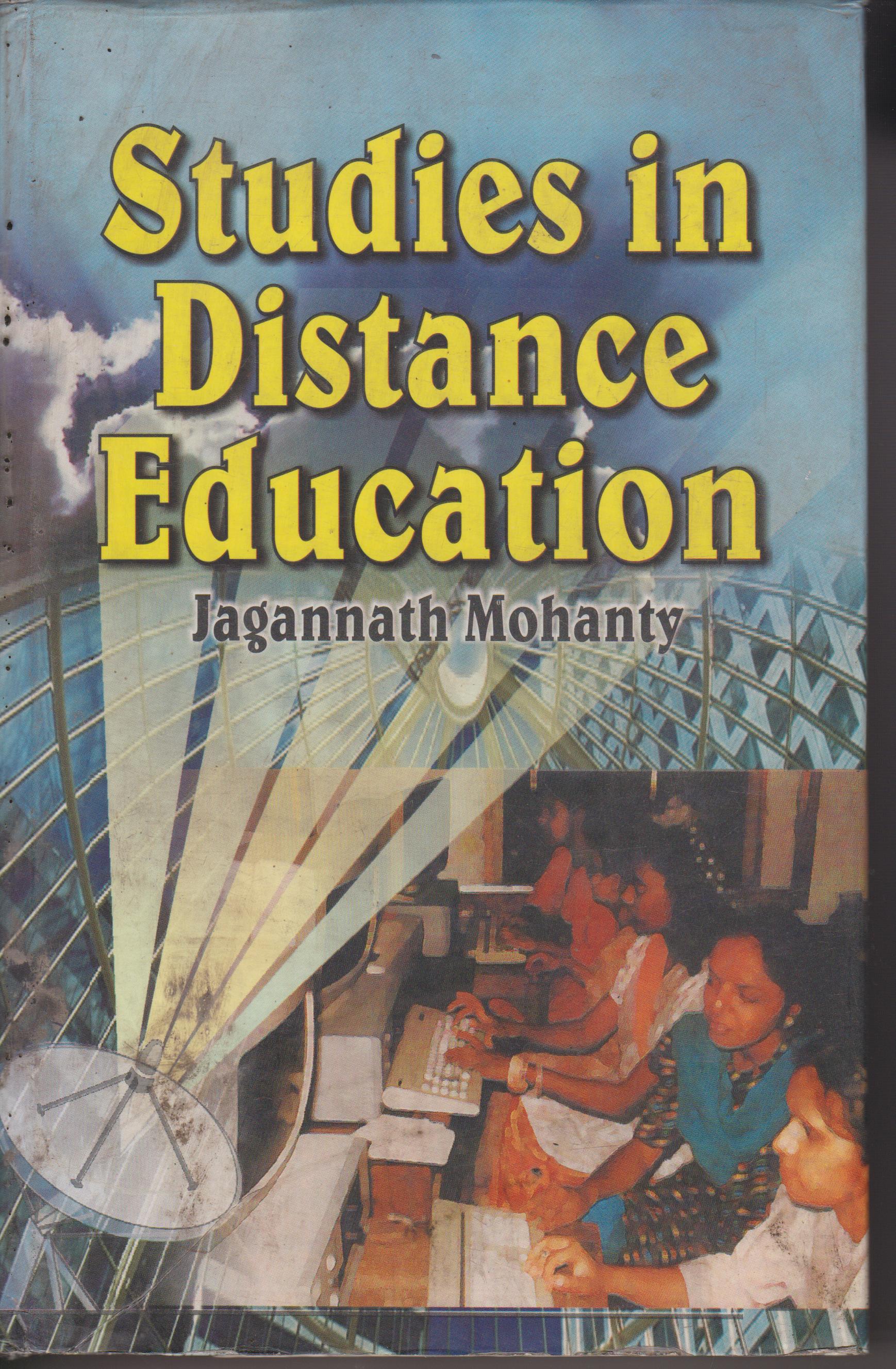
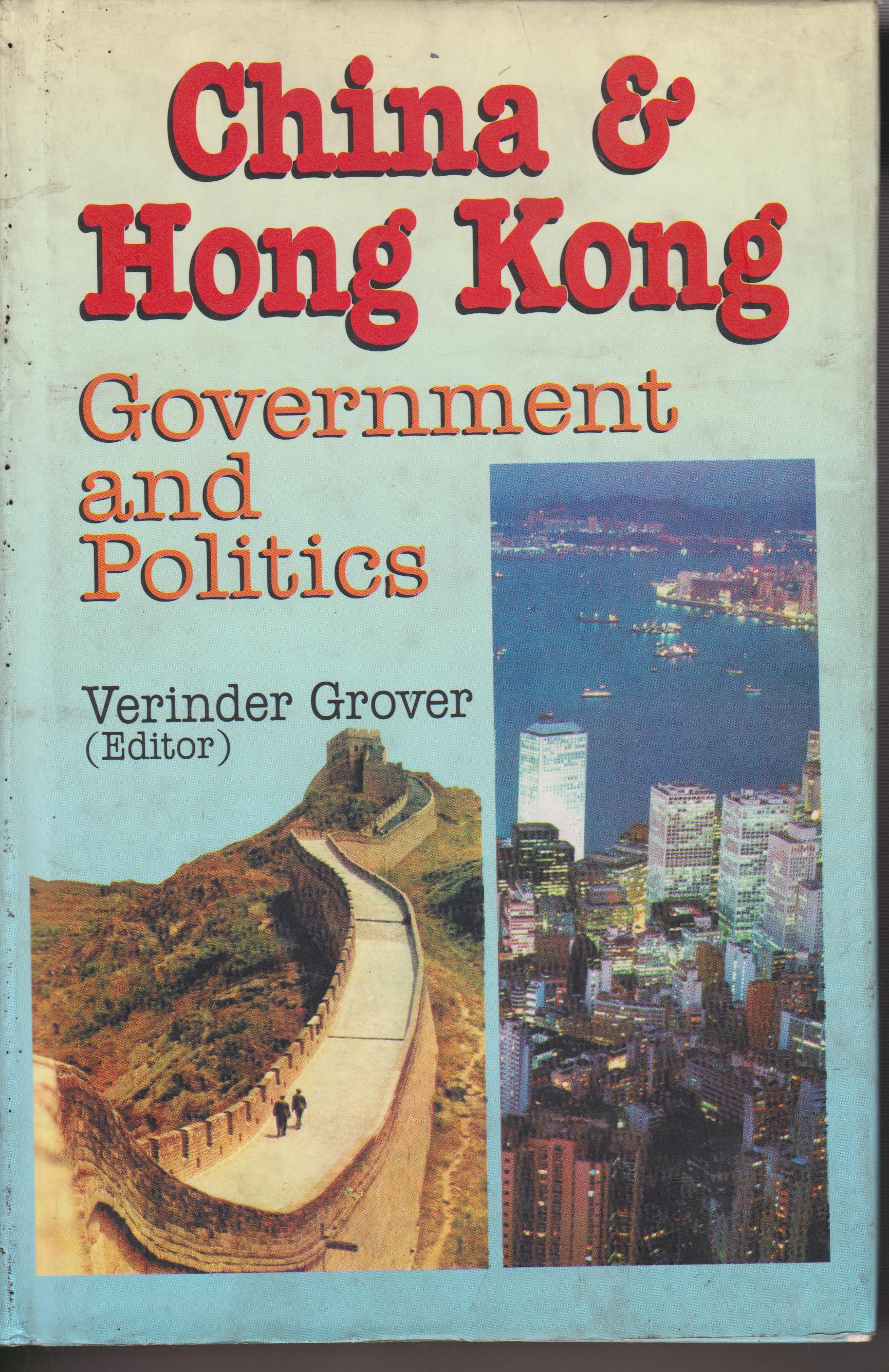
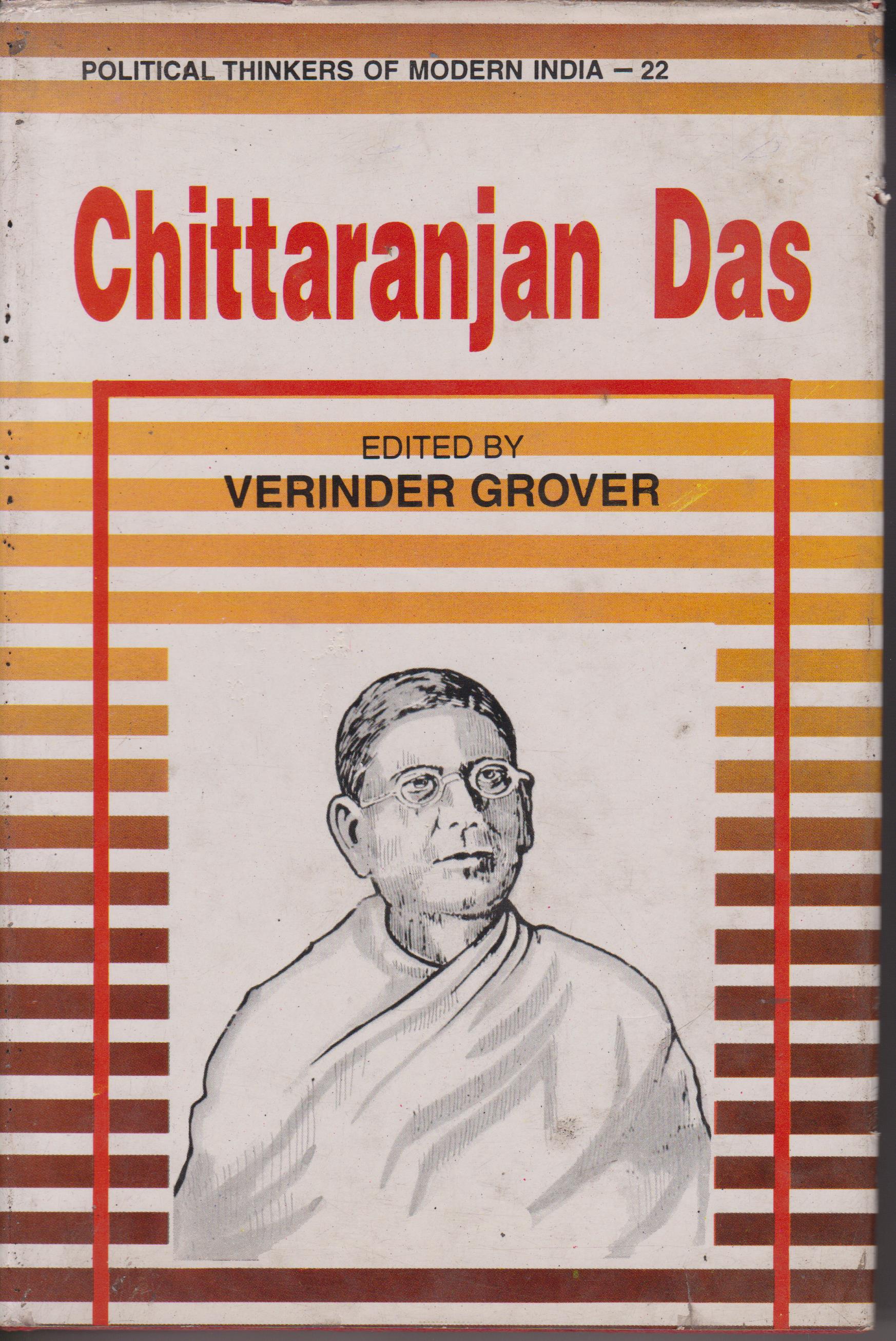


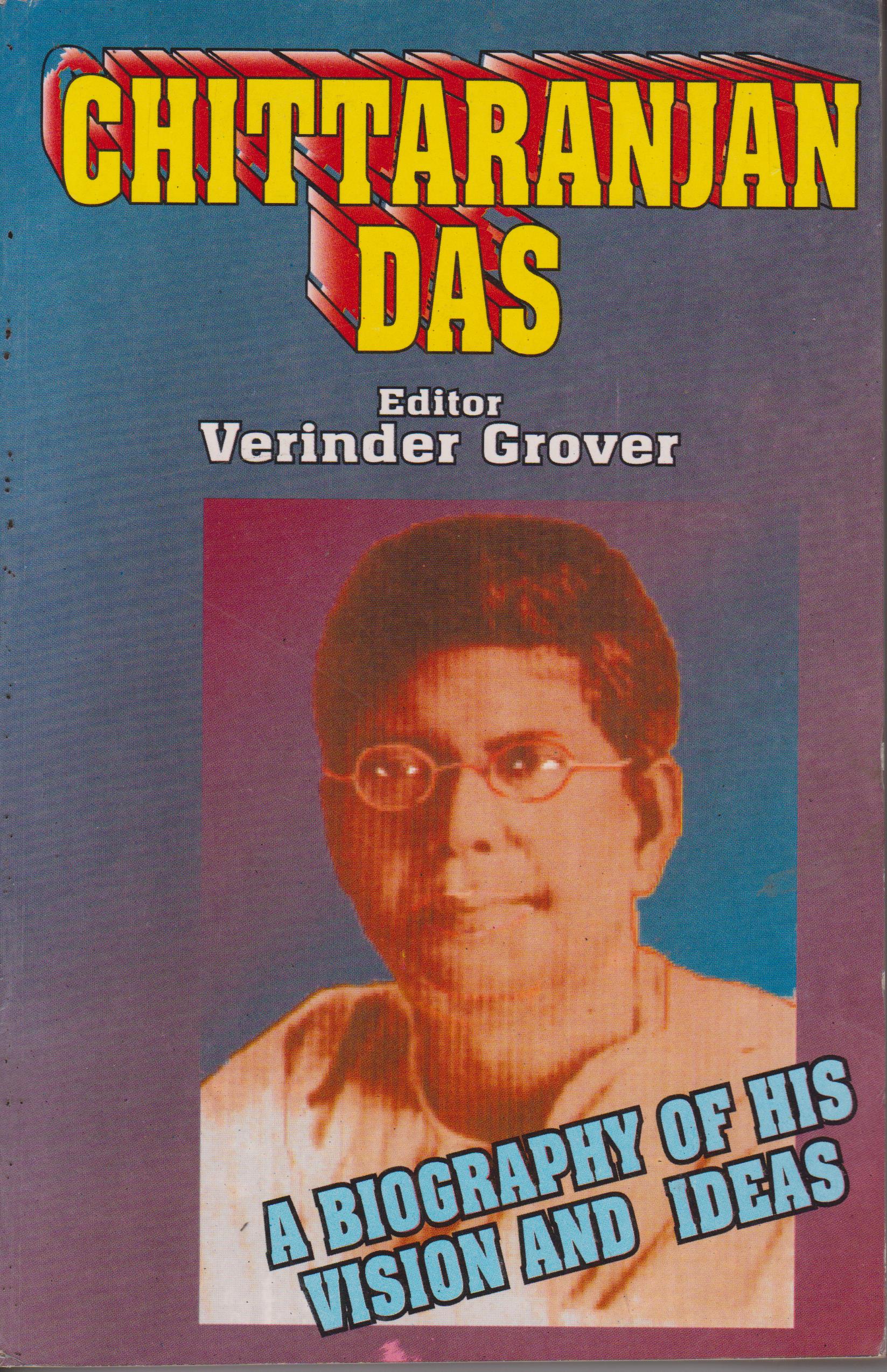
Reviews
There are no reviews yet.